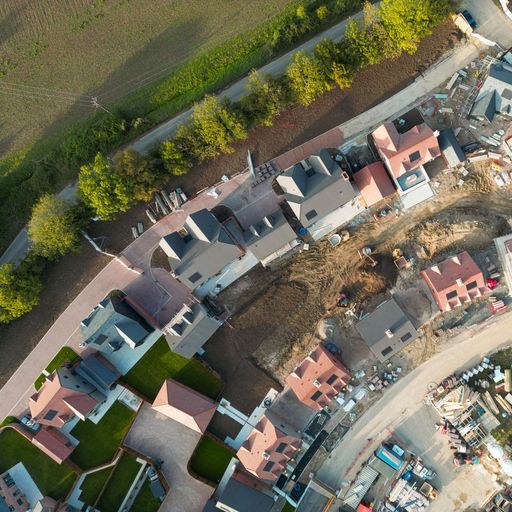By Ben Barbanel, Head of Debt Finance at OakNorth Bank
2020 has been a year we will never forget. The COVID-19 pandemic has changed the way we live and work, and continues to present daily challenges for people, businesses and communities globally. For OakNorth Bank, it is the second unprecedented event we’ve experienced (the first being Brexit) in our fairly short history, and it’s been interesting is to see how the property industry has fared.
Government efforts to soften the economic blow from the pandemic, such as the removal of stamp duty, have meant that demand in the UK property market has remained strong. The Bank of England reported that mortgage approvals in October were the highest since 2007 (at the start of the financial crisis). This stronger demand for property is feeding through into higher prices: Nationwide said in its monthly House Price Index that annual house price growth rose to 6.5% in November, the highest rate since January 2015.
At OakNorth, we’ve seen double the lending volume going to credit committee over the last six months compared to the same period last year. This is for both property and business trading deals. We saw a similar trend in the six months following the Brexit vote when our loan book tripled in size from c.£100m to c.£300m. This wasn’t because we had softened our lending criteria or made significant investments in marketing, but rather because other lenders were pulling back from the market, which gave us the opportunity to attract clients who we may not have otherwise done.
One of our clients, Hayfield Homes, has defied the challenges encountered by much of the property industry this year, growing by 25 per cent. This is despite the two-month pause of all construction activity during the first UK lockdown. Hayfield Homes has launched two new developments in recent months and its remarkable sales performance across all live sites has resulted in solid growth of the business this year. Knowing that the pandemic would result in a shortage of new homes, Hayfield made the proactive decision to re-start construction across all of its developments in May. It was a decision that paid off as Hayfield’s turnover for the current calendar year is in excess of £50m and it has forecasted it will hit the £100m milestone in 2021. They are just one example of the resilience and grit demonstrated by the property industry this year.
Fortunately, with a vaccine now approved, the hope is that we will begin to see some normalcy by Spring next year, but in the meantime it’s important that property developers and investors continue to address the ongoing challenges of the pandemic in their business plans. For example, contracts are taking more time than usual due to increased delivery times, and cost overruns and unexpected delays are likely to continue rising. This is coupled with uncertainty on valuation levels and caution around high leverage. With much of the government stimulus measures due to end early next year, such as the stamp duty and furlough, developers should be mindful of the ripple effects this will have on demand. Then of course, there’s Brexit and with no deal now seeming like the most likely outcome, property developers and investors need to stress-test the viability of projects based on what this could do to their supply chains, their access to labour, and their contractual allocation of risk.
In the short to medium term, most developers will continue to prioritise getting existing projects completed, rather than acquiring new schemes, so should seek lenders that can be more flexible, offering hybrid solutions or CBILS/CLBILS loans.


